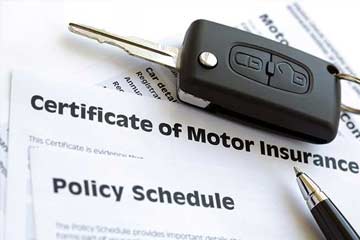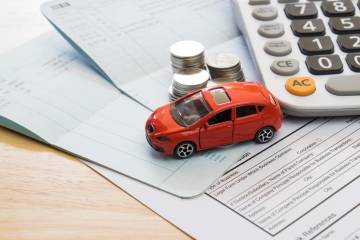Check how much your car insurance could cost
Tell us your details to get the average car insurance price for your area
What our car insurance expert says
How is car insurance calculated?
The price you pay for car insurance is unique to you. Insurers base your price on risk factors that are specific to you such as:
Your age
Your occupation
Where you live
Your driving history
Why do we ask about your gender?
In 2012 the EU gender directive was introduced to stop insurers pricing based on gender. Since then the pricing gap between genders has shrunk, however, it’s still common to see differences in price between men and women. This is for several reasons, but it largely comes back to the data insurers have seen.
For example, men tend to drive more expensive cars with bigger engines that can be more expensive to repair. Meaning if they go on to make a claim, that claim will likely be for a higher amount. By telling us your gender it means we’re able to give you a better idea of what prices are like in your area and age group. Find out more about how car insurance is calculated.
How can you save money on your car insurance?
Building up a no-claims bonus
This takes time but is a good way to prove to insurers you're lower risk. Each year you drive without making a claim you earn another year of no-claims bonus (NCB).
Taking out a black box policy
This can help prove you're a safe driver and save you money at the same time. By using an app on your phone or a box fitted to your car, your insurer can monitor how you drive and reward you with a discount for safe driving. A black box policy can be a good option if you're a young driver starting out or don't use your car much.
Estimate your mileage accurately
When you get a quote, we’ll ask you how many miles you drive in a typical year. The higher the number, the more you’ll tend to pay for your cover, so it’s important to get it right.
You can find your annual mileage on your MOT documents, or calculate it using more basic means, like jotting down how many miles you typically drive in a week and multiplying that number by 52.
Pick a car in a lower group
Changing cars isn't straightforward or affordable for everyone. But you may not have bought a car yet, or are in a position to have more freedom with picking the car you drive. You can consider a less-powerful car with a smaller engine, or one with a lower value.
Lower value, less powerful cars tend to be in lower car insurance groups. And the lower your car’s group, the cheaper your insurance tends to be. Groups aren’t the be all and end all of what you pay for your insurance, but they have a substantial bearing on what you pay.
Increase your voluntary excess
This means you'll pay more if you ever need to make a claim, but it can also bring down the overall price of your policy. £250 is the most popular voluntary excess amount chosen by our customers when getting a quote***. But offering to pay a little more could bring your insurance costs down. Just make sure you can afford to pay it if you need to make a claim.
Learn about more ways to save on your car insurance.
***Confused.com data Q4 2025.






